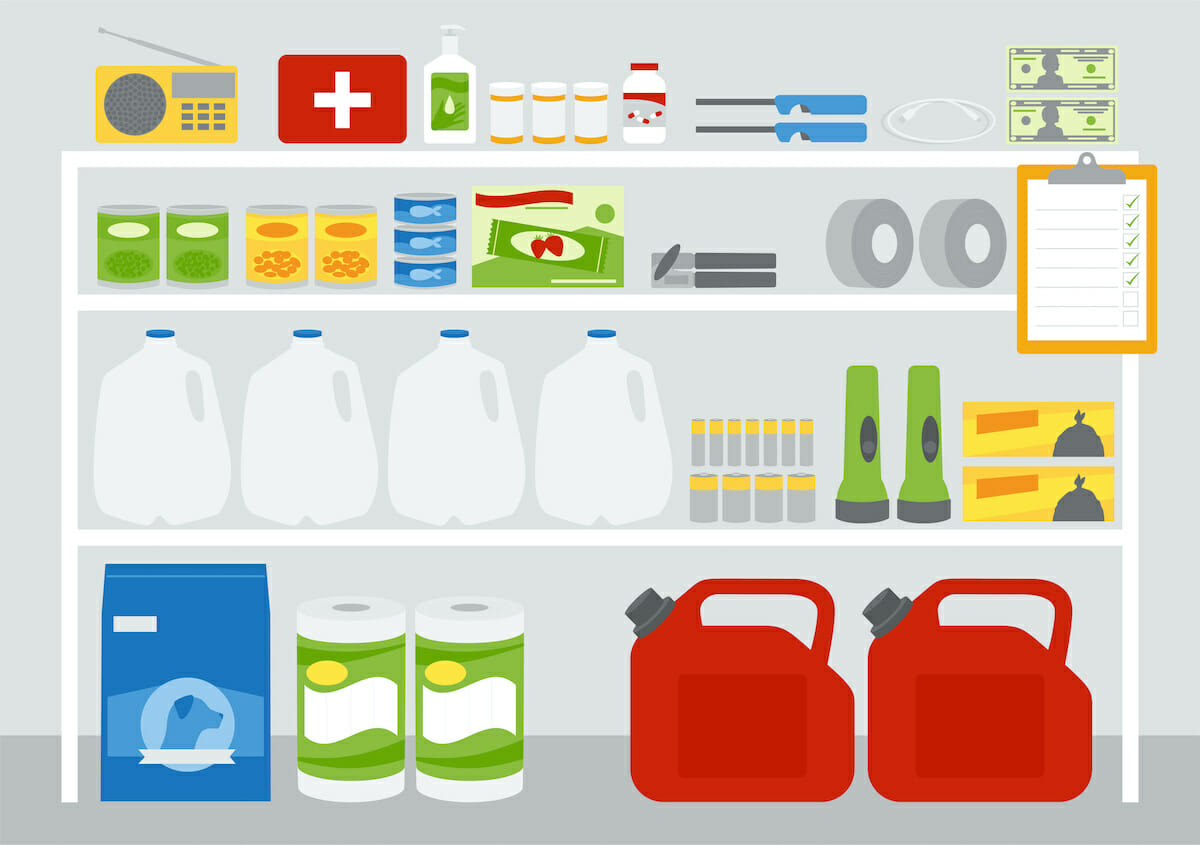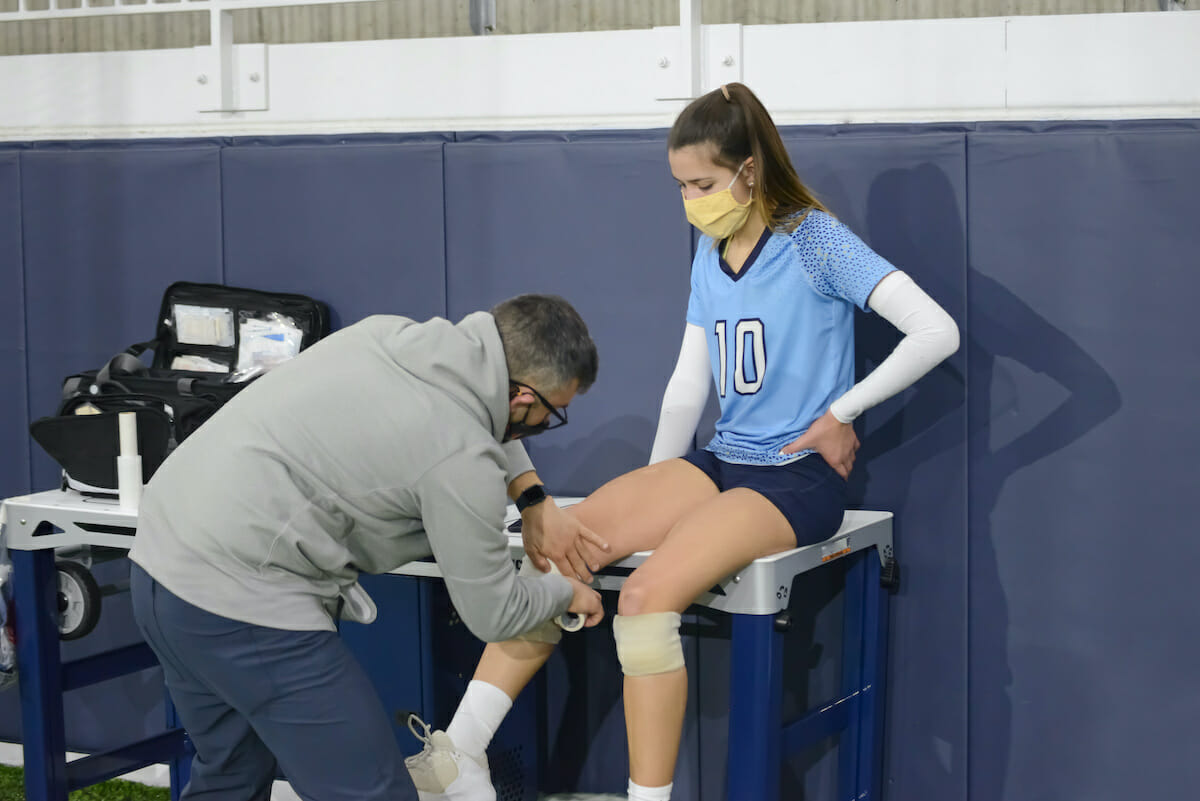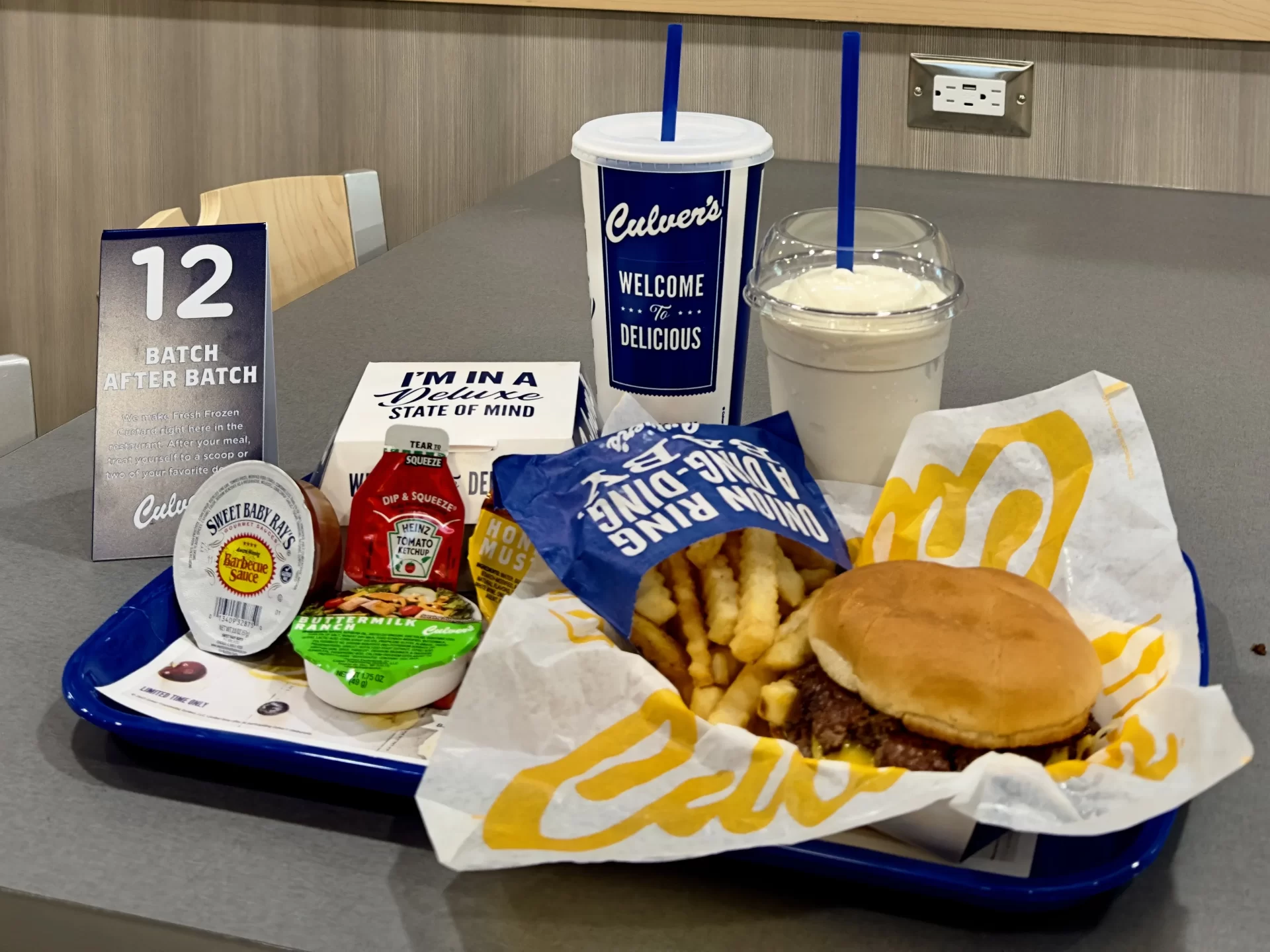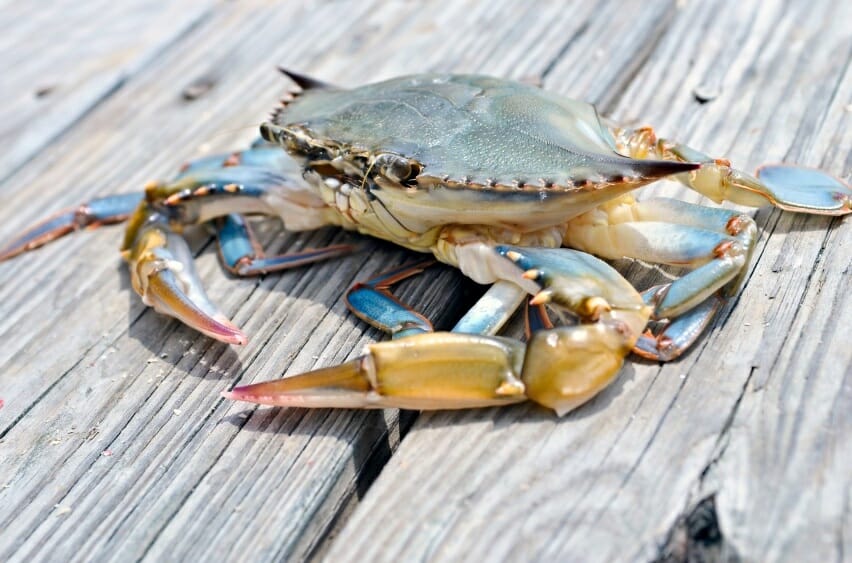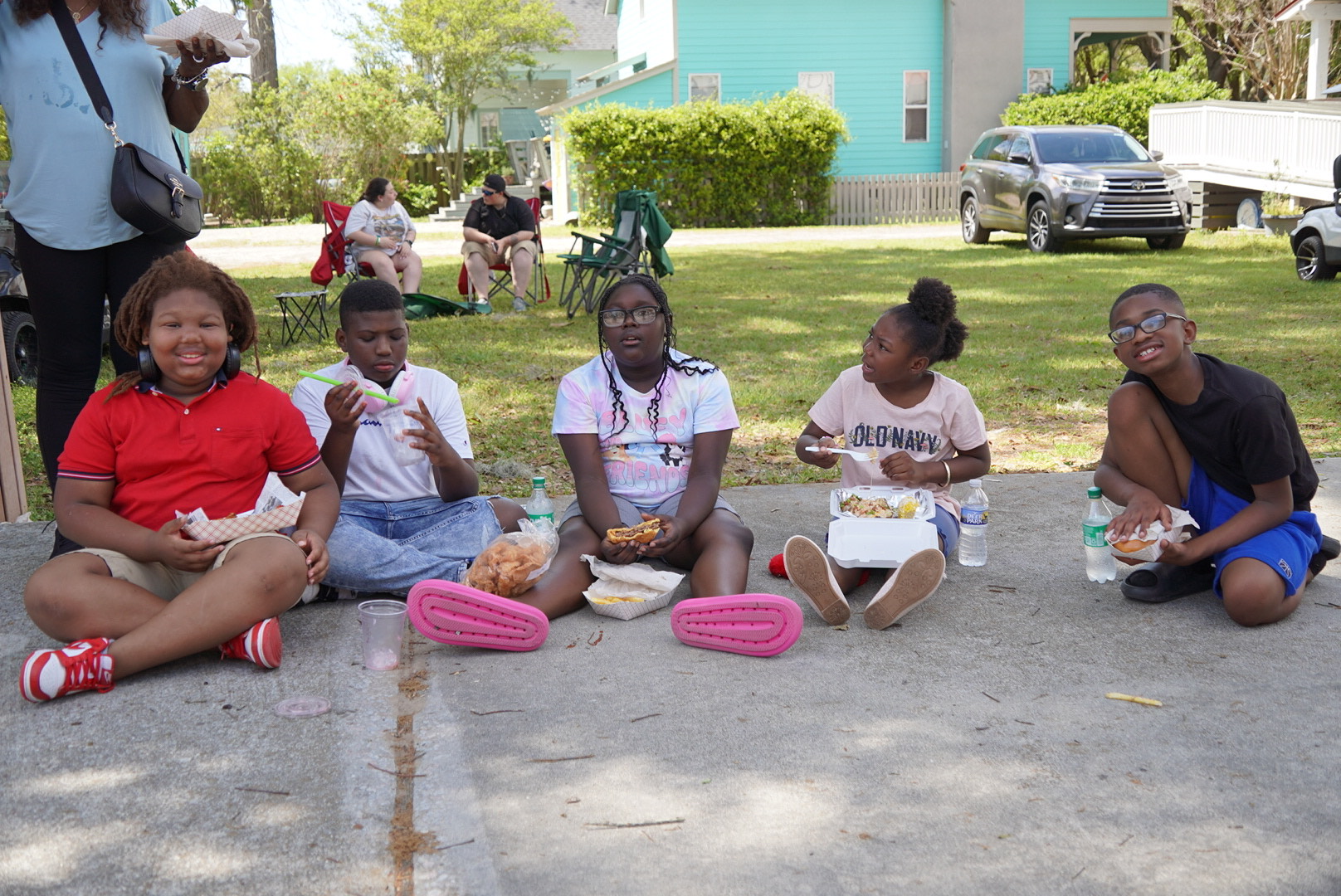As hurricane season ramps up, emergency management officials recommend that residents in coastal communities plan for an active few months. Having the right supplies, creating a meal plan and knowing when food is no longer safe to consume from a refrigerator or freezer are all important pieces of a safety plan.
Before severe weather strikes, it’s important to prepare with enough food and water to last through power outages.
“You want to have 1 gallon per person per day, and you want to plan for three days,” says Hollee Grady, a Mayo Clinic dietitian. “For one person, that’d be 3 gallons of water. Let’s say you have a family of five, that’d be 15 gallons.”
When it comes to food, living off packaged goods doesn’t have be unappetizing. Reach for proteins like meats, fish, beans, or nut butters that can be part of a diet balanced with fruits and vegetables.
“Get creative and make a dessert,” says Grady. “You could make peanut butter bites with oatmeal, peanut butter, chocolate chips and honey—mix together and form quarter-sized bites.”
If the power goes out, that starts a ticking clock for foods in cold storage. Food spoils at around 48 hours in a fully stocked freezer and much sooner for items in the refrigerator.
“Four hours after the power goes out, you don’t want to eat anything that’s in the refrigerator that would go bad,” says Grady. “Make sure that you throw out those items.”
Food safety reminders
“Having a plan for basic food and water, particularly if power outages occur, will ensure proper nutrition, energy and long-term wellness,” says Silverman.
When an emergency strikes you should:
Keep refrigerator/freezer doors closed as much as possible.
Refrigerator will keep cold for four hours if left unopened.
Freezer will keep food cold for 48 hours if full.
The temperature danger zone –41 degree Fahrenheit to 135 degrees Fahrenheit.
If refrigerated food greater than 40 degrees Fahrenheit for more than two hours, discard the food.
Foods to store are:
Bottled water (3 gallons per person per day)
Shelf-stable boxed drinks (e.g., fruit juice and powdered milk)
Canned goods (vegetables, fruit, meats and beans)
Peanut butter or other nut butters
Crackers
Trail mix/dried cereal
Remember to have a hand-crank can opener, matches, disposable cutlery, paper plates and cups on hand. Don’t forget about your pet’s food. Gel-based hand sanitizer or disinfectant wipes are also helpful.
Sources: MayoClinic.org; CDC.gov


